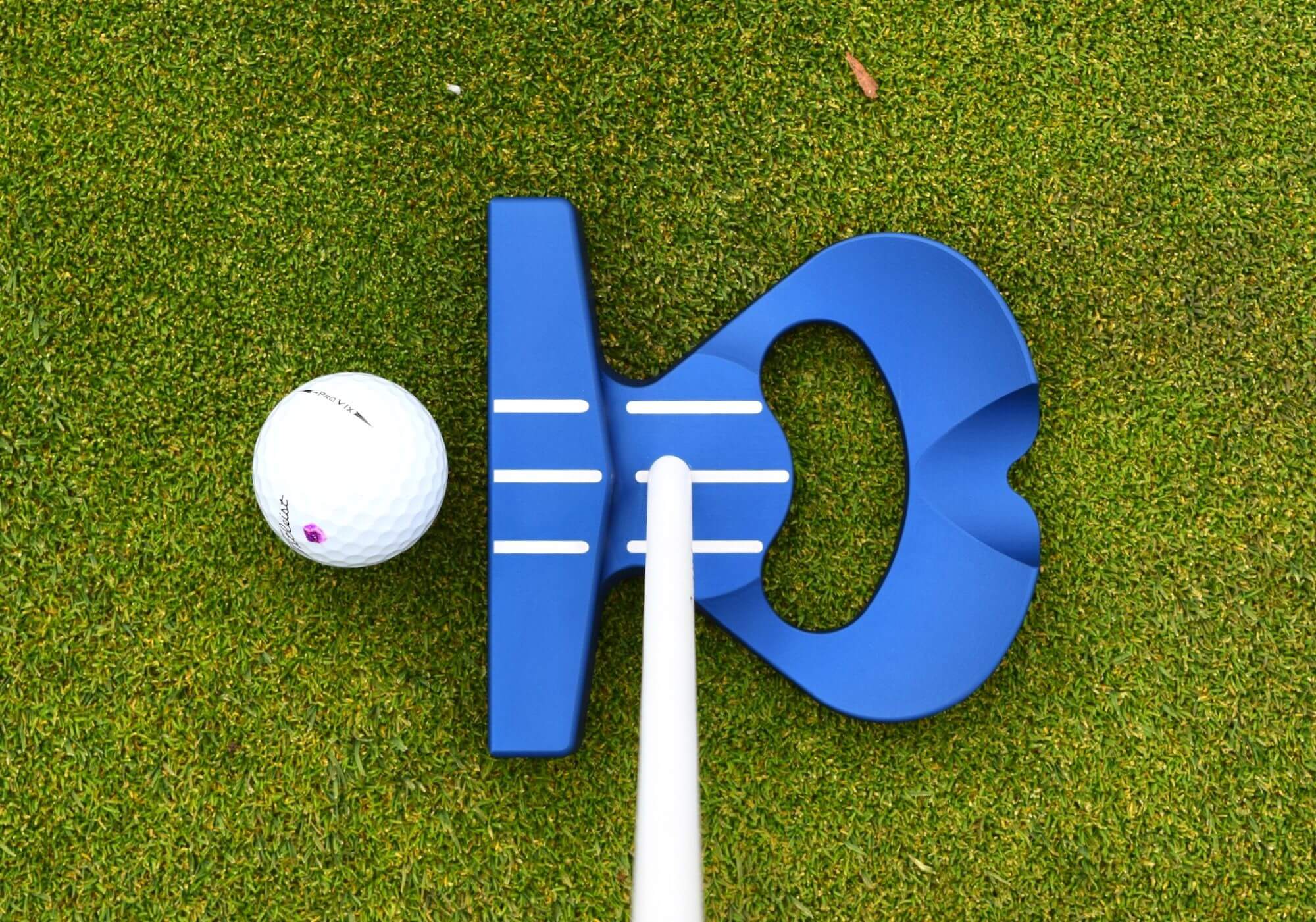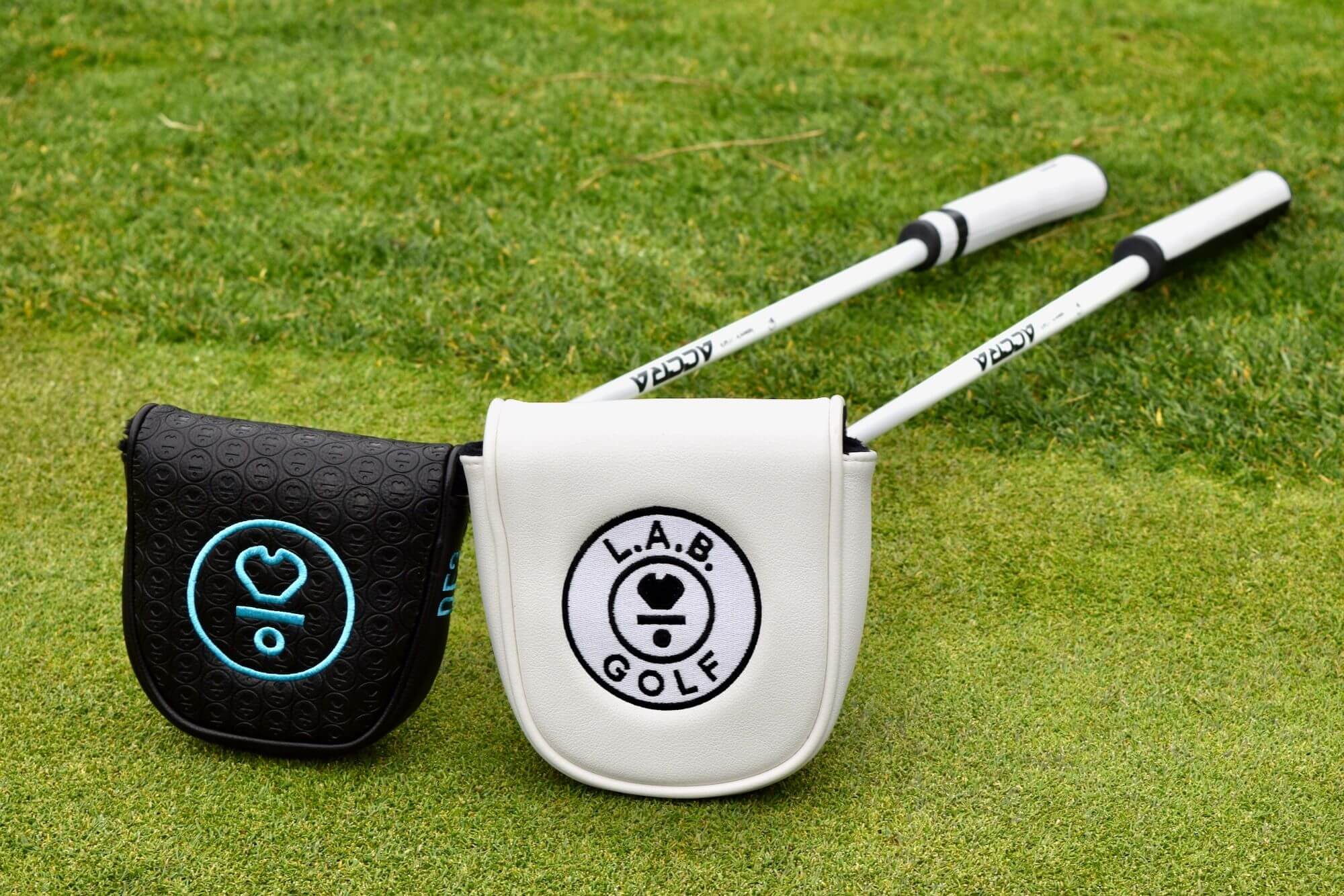This week’s news that L.A.B. Golf is being sold to the private equity firm L.Catteron certainly came as a shock.
However, with a little bit of thought and a slight touch of business understanding, it should come as no surprise. Owner and CEO Sam Hahn and his management team had taken L.A.B. Golf about as far as they could on their own. To get the company to where they believed it could go, they needed a partner.
The decision to partner with (while selling controlling interest to) a private equity firm, however, raises questions and more than a few concerns.
We had that chance to ask Hahn about those questions and those concerns. As you’d expect, Hahn was candid and unfiltered. Here’s what he has to say.
Why sell L.A.B. Golf to private equity?
“I was vehemently opposed to the idea of working with private equity,” Hahn tells MyGolfSpy. “I had the same preconceived notion about them that everybody does.”
You know those preconceived notions. PE always ruins companies. They cut costs, ruin quality and raise prices only to maximize profit before selling the carcass off at a profit.
“The courting phase with L. Catterton resembled working with a high net-worth person or a proper investor who wanted to get excited about a business. They were all about growing the business.”

That, says Hahn, was in direct contrast with the other PE firms he met with.
“They were as unimpressive as you’d imagine. L. Catterton was the only PE company that set foot in our building and did NOT mention the flip and exit within the first 20 minutes of being here. That’s what all the others did. They went right to where we could cut costs and who the next buyer would be.”
L. Catterton is the world’s largest consumer-focused private equity firm, with over $37 billion in assets under management.
“You don’t focus on the exit, you focus on the product and on the brand,” says Hahn. “That’s what sold me on those guys. Combine that with the resources they have, not just financial but the accelerators they have access to, it’s just off the charts.”

The L.A.B. Golf management team is staying on
The L.A.B. Golf – L. Catterson transaction is considered the largest involving a putter company in golf history, exceeding Callaway’s 1997 purchase of Odyssey putters from the Tommy Armour ownership group. The sale placed L.A.B. Golf’s value at $200 million, and L. Catterson acquired a majority stake.
“Yeah, I got a few bucks. It’s a life-changing amount of money,” says Hahn. “But they have me pretty well wrapped up and they went to great lengths to ensure the existing management team would stay. They were unwilling to do the deal unless we agreed to stay on to make sure we can execute our vision.
“That’s ultimately what they’re buying: our vision.”

L.A.B. currently employs 230 people at its Oregon headquarters but admits the leadership team was kind of making it up as they went along.
“One of the things that’s so special about L.A.B. Golf is that this is a pretty ragtag bunch of folks. We have no real professionalism and certainly no golf industry know-how. That’s the reason we were able to challenge the industry standards of how to run a golf company.
“We reached a point where we need to combine that raw, passionate vibe the team here at L.A.B. has with some business know-how.”
L.A.B. sold an estimated 130,000 putters in 2024. The company is currently on pace to triple that number. The problem is within the company’s current framework that pace was unsustainable, never mind growth.
“Our executive team was three and a half people,” says Hahn. “There’s only so much time in a day. Now, with the talent we’ll be able to bring in, the functionality of the business is going to improve.”

What changes will customers see?
In the short term, golfers won’t see much difference, if any, in anything. New ownership’s first goal is to shore up the business end.
“Our retailers are going to be the first to see improvements based on the professionalism we intend to implement,” Hahn explains. “Lead times are going to start to come down, quality is going to go up, and service-related issues are going to get dealt with a lot quicker. We’ll be putting in some team members who’ve done this kind of stuff before.”
Lead times have become a particularly prickly issue as L.A.B. Golf has grown. As recently as only two years ago, L.A.B. putters were an oddity. Adam Scott was the first Tour pro of note to bag one, but the growth that had been building was unleashed when Lucas Glover put a L.A.B. in his bag and won two tournaments in a row in 2023.

“It certainly was Lucas, but it’s also all the YouTube folks who picked up a putter of their own volition and started using them,” says Hahn. “But more than any single thing, it’s the critical mass of guys at your club that are putting better.”
Since then, Hahn says the biggest accelerator to business has been the competition.
“When we first started seeing the copies emerge last November, we were really, really nervous. But by January, it was clear that the competition was a good thing. Everybody was validating our technology. Since we’re so much farther down the road in our development, a lot of people rightfully and wisely chose to go with the OG.
“Our customers have been so phenomenally patient with us, through supply chain issues, shipping issues and customer service issues. It’s time for us to step up and serve the customer as well as the customers has been serving us.”

What about the online backlash?
Reaction on social media to the L.A.B. Golf sale has been mixed. By far the biggest negative response has been over selling out to private equity, fearing new ownership will run L.A.B. into the ground for a quick profit. Many seem to be taking the sale personally, something Hahn can understand.
“I totally get it. I have complete compassion for their concerns,” he says. “As far as I’m concerned, our customers own this company. They’ve done our promotion for us, and they’re the reason why we are where we are.
“So, in a roundabout way, we just went and sold their business without talking to them about it.”

Hahn has been staying up late responding to those comments.
“I was getting sad, wishing the trust that I had personally established and we had established as a company meant something in this moment, but I get that it doesn’t.
“(L. Catterton) is every bit as passionate about this brand as we are. I’m prepared to take some shit here for a little while, and I totally get it. But not all PE transactions are bad and not all PE companies are only interested in a quick buck.”
The reality is that without this transaction, L.A.B. wasn’t going to be able to continue on the path it was on. The challenge was greater than simply “taking on new investors.”
“The decisions you need to make in order to continue to grow rather than just plateau are multi-, multi-, multi-million dollar decisions,” says Hahn. “It took us eight years to build the operation we have here. You can’t just snap your fingers and open up build shops around the world to serve our global customers. We need time, we need talent and we need money to accomplish all that. It was a simple inevitability.”

The new reality of L.A.B. Golf
The sale closes Chapter One of the L.A.B. Golf story. While Hahn is putting a positive spin on Chapter Two, he admits there’s plenty of uncertainty.
“I’m not gonna lie, I’m scared, too,” he admits. “I have the same fears as the rest of the world. I’m less scared with L. Catterton than I was with anyone else, but you still don’t know.”
One thing that made Hahn less scared of L. Catterton was that it seemed to understand the importance of PING.
“What I pitched to L. Catterton, and what they seemed to understand, was that the longer you can maintain founder-led vision and values, the better your company will be. PING is the best example. That’s why they’ve managed to stay so pure. Those core values never changed.”

If there is a cautionary tale, it’s that of the original Rife Putter company. Guerin Rife started his company in 2000, armed with patented tech and a healthy dose of Hahn-like self-confidence. The Rife 2-Bar soon became a mini-blockbuster. By 2008, Rife was a $10 million underground success. To fuel that growth, however, Rife had given up ownership pieces to investors. He ultimately lost control of the company that bore his name.
“I accept that I might be a fool,” Hahn admits. “In two years time there might be someone saying they were right all along, but I don’t believe that in my bones. I feel we made the right decision. And just like L.A.B. Golf has done everything our own way, I think we can do PE our own way.
“I hope people don’t write us off too quickly and that we have the opportunity to show them that this transaction may have given birth to the single most innovative entity in golf.”
The post Sam Hahn Tells Why He Sold L.A.B. Golf appeared first on MyGolfSpy.
